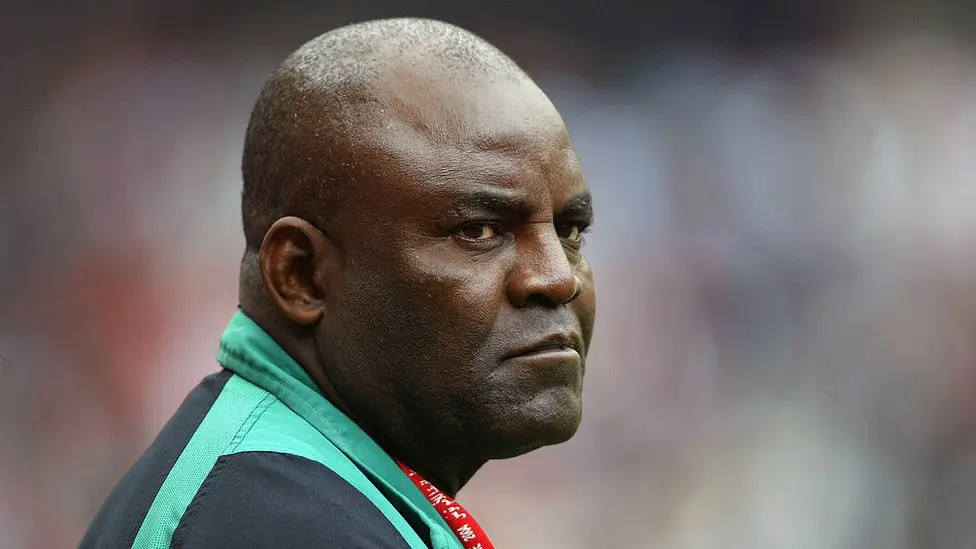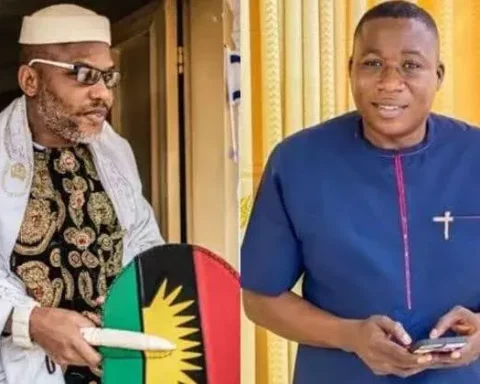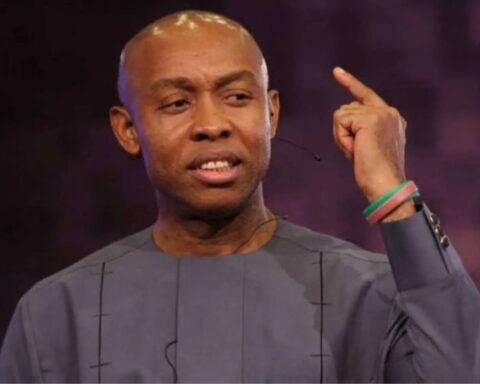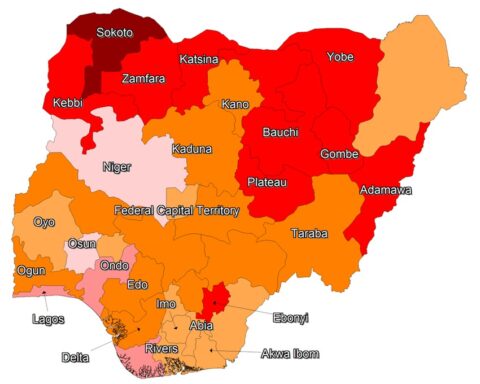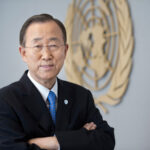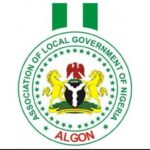On 6 December 1977, Olusegun Obasanjo, then Nigeria’s military Head of State, received a group of young men from the East who had come to present him with a trophy won in the field of football contest against the rest of Africa. They were members of a football team known as Rangers International Football Club of Enugu.
The previous day, led by the charismatic Christian Chukwu, by an aggregate margin of five goals to two, they had beaten arguably the most legendary generation of footballers from Cameroon’s Canon Sportif de Yaoundé to win the African Cup Winners Cup. On their way to the title, they toppled the defending champions, IICC Shooting Stars of Ibadan, who won the title the previous year by beating Tonnerre Kalara Football Club also of Yaoundé.
In reality, the full import of that Dodan Barracks encounter between the Christian Chukwu-led Rangers International team and General Obasanjo transcended sport. The last time a bunch of young men from the East and Obasanjo met at the same venue on 15 January 1970, it was in his capacity as guarantor of their safe passage as the make-shift leadership of the short-lived secession handed in their instrument of capitulation to then Head of State, Yakubu Gowon, bringing to an end the 30 months of the Nigerian Civil War. Separated by eight years, the contrast between the two scenes could hardly have been starker.
A mere five months after the end of the civil war, on 30 May 1970, a bunch of young men recovering from the traumas of the conflict, were handed a new mission by the visionary duo of sports administrator, Jerry Enyeazu and coach, Dan Anyiam. Unlike the civil war, the battles of the new mission were to be fought not with guns and bayonets but with natural talent, skill and grit on the football pitch.
To prosecute this mission, they christened the new team Rangers. Their base was in Enugu, the regional capital of the East, which later became the capital of what was then called the East Central State. The name of the team was a memorial to an experimental “strike force” originally conceived in the embers of the war by Timothy Onwuatuegwu, a major in the Biafran army, but which became stillborn. Indeed, the team drew some of its original talent from the core of that strike force. Its motto was “never say die.”
The story that ensued could itself have been stillborn too. Their first official match was scheduled for 30 May 1970. It was the anniversary of the declaration by Emeka Odumegwu-Ojukwu in 1967 of the Biafran secession. The military authorities in Lagos were jumpy and appeared set to dismantle the team even before it played its first match. Ukpabi Asika, the political scientist who served as the Administrator of the East Central State at the time, persuaded them to stay their hand. It was a deft work of advocacy that would alter the lives of many young men and, even more importantly, the destiny of a people.
At the end of the war, General Gowon declared that there was “no victor, no vanquished.” In that spirit, presumably, he promised a programme of post-war reconstruction, reintegration and reconciliation. The reality was anything but. This was the context in which the Rangers Football Club began in Enugu. By the end of their first year, they had come close to upending the football hierarchy in the country, just coming up short of lifting the Football Association Cup.
In that year, 1971, however, the team from the East Central State successfully bested the rest of the country in a national academicals football competition in Lagos, then known as the Adebajo-Manuwa Cup. The leading talent in that team was a young man called Christian Chukwu, the son of a butcher whose mother was also a petty trader. He made the Academicals team of the East Central State from the National Grammar School, Nike, where he marshalled the defence and captained the football team with supreme talent and confidence. On his return from the Adebajo-Manuwa cup triumph, Dan Anyiam, then coach of the Rangers Football Club, recruited him into the team. He was 20.
Three years later, the team became national champions. In 1974, Christian Chukwu became the team captain and ushered in the profound period of success in the history of organised sports in Nigeria. Over the following decade, he would lead Rangers to a prodigious haul of nine championships.
In 1975, Christian Chukwu led the team to a national league and cup double and, in 1976, captained the Rangers to become the first team to win the Football Association Cup for an unprecedented three times. His surname made him a god on the football pitch. His leadership skills were commanding beyond it. In recognition of this unusual combination, Ernest Okonkwo, nicknamed him “Chairman”. He was the first truly pan-Nigerian superstar.
For a man whose immortality transcends sport, Christian Chukwu and his generation of athletes and sports administrators, deserved better. The greatest honour that the country can render to his memory at the end of his final earthly journey next week is to redress this lingering injustice to a selfless generation of athletes who, more than most, helped to bind the wounds of a people and heal the afflictions of a nation.
A lawyer and a teacher, Odinkalu can be reached at chidi.odinkalu@tufts.edu
The Enugu Sports Club and the Centre for Memories will jointly host the Christian Chukwu Memorial Colloquium on Thursday, 14 August, 2025 in Enugu at 10:00 hrs.
Follow us on all social media platforms @dailyquery for news and analyses around the globe.
